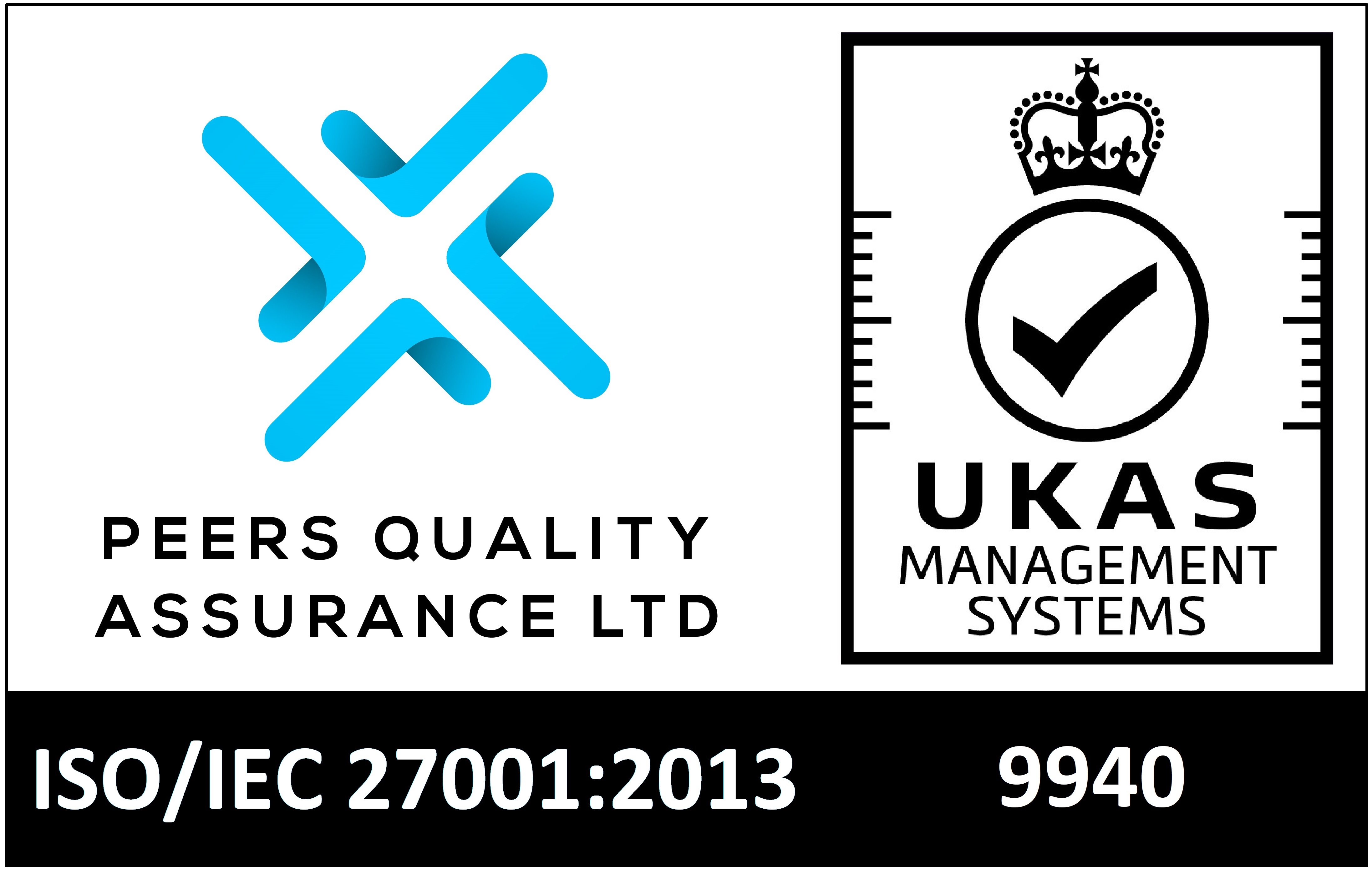Our Clinical Advisors
Professor Gordon Wishart, Chief Medical Officer
With more than 30 years experience as a cancer surgeon, I set up Check4Cancer to ensure that our clients and patients had rapid access to innovative and validated cancer screening, cancer diagnostic and cancer genetic investigations and in doing so, Check4Cancer has become a trusted and reliable provider of these services to insured, corporate and self-funding sectors.
Professor Richard Hindley, Clinical Advisor for Prostate Cancer
The evidence to support the use of routine PSA testing is stronger than ever. PSACheck enables men to have the test performed and provides all the necessary support and guidance should the test flag anything of concern. An early PSA test as a ‘marker in the sand’ is very useful and can be used for future comparison and improves hugely the utility of this simple and inexpensive test.
Jullien Brady, Clinical Advisor for Cervical Cancer
HPVCheck allows women to take charge of their cervical screening choices. It removes almost all of the barriers to traditional screening, allowing women to perform the HPV triage test themselves with rapid and personalised risk assessment results.
Professor Andrew Beggs, Clinical Advisor for Bowel Cancer
Early detection of bowel cancer is so important as if it is detected in its earliest stages, then there is around a 90% chance of it being cured. Many bowel cancers are potentially preventable in the UK, particularly with efforts aimed at regular screening and reducing any lifestyle risks.
Professor Simon Russell, Deputy Chief Medical Officer
Diagnosing breast cancer early and then getting the best available treatment is vital in reducing the risk of dying from breast cancer. When found early, when small and before it has had a chance to spread, breast cancer is easier to treat successfully. Regular screening leads to cancers being discovered before they can be felt, when they are smaller and when they are less likely to have spread.
Mr Per Hall, Clinical Advisor for Skin Cancer
It is important to check your moles and skin and come forward with any lesion on the skin which has either changed in size, shape or colour or is new. This advice helps to a degree but only by careful evaluation of the story of that changing mole supported by careful evaluation of detailed pictures which look at the structure of it within the skin (dermoscopy) can guidance be given. SkinCheck helps separate out lesions that have friendly appearances from those that need to be considered more carefully in case they are suspicious of skin cancer.
Professor Gordon Wishart, Chief Medical Officer
Professor Gordon Wishart is the founder, Chief Medical Officer and CEO of Check4Cancer, a leading early cancer detection and cancer prevention company. In 2016 Check4Cancer launched rapid access, streamlined and audited diagnostic pathways for breast and skin cancer to the insured and self-pay markets, leading to the award of “Diagnostic Provider of the Year” at the annual Health Investor Awards in 2018. In late 2017, Check4Cancer launched the first worldwide breast cancer risk test (MyBreastRisk) to combine genetic, family history and lifestyle risk factors to underpin a risk-stratified breast screening programme. As the former Director of the Cambridge Breast Unit from 2005-2010, and current Professor of Cancer Surgery at Anglia Ruskin School of Medicine since 2008, he has a strong track record in clinical research and modernisation of cancer diagnosis and treatment, with more than 100 peer-reviewed papers in scientific journals. In 2010 he led a team of clinicians and scientists that developed the PREDICT breast cancer treatment and survival model, now used worldwide.
Professor Richard Hindley, Clinical Advisor for Prostate Cancer
Richard Hindley is a Consultant Urologist at Hampshire Hospitals and was appointed in 2014. In 2017 he was awarded a visiting Professor position working with the Department of Health and Wellbeing at the University of Winchester. This was in recognition of his growing prostate research portfolio which includes collaborating with other units including UCLH and the University of Oxford. He was privileged to be involved with the PROMIS and PRECISION trials, which have changed forever the diagnostic pathway for men with suspected prostate cancer. He has publications in both the Lancet at the NEJM. His interests relate not only to prostate cancer diagnostics but also focal therapy as a treatment option for men with intermediate risk prostate cancer, as well as minimally invasive treatments for benign prostatic obstruction and men’s health issues in general. He has been central to the successful introduction of Rezum water vapour therapy to the UK, which has recently been endorsed by the National Institute of Clinical Excellence.
Jullien Brady, Clinical Advisor for Cervical Cancer
Jullien Brady has an international reputation as a leading expert in the field of colposcopy and cervical screening. He is a former National Quality Assurance Director for the NHS Cervical Screening Programme and Professional Clinical Advisor for Colposcopy for Public Health England. He was a member of the Executive Committee of the BSCCP, the governing body of Colposcopy for over a decade. Mr Brady is passionate about women having the opportunity to maximise their health choices and screening options.
Professor Andrew Beggs, Clinical Advisor for Bowel Cancer
Professor Andrew Beggs is a Professor of Cancer Genetics & Surgery at the University of Birmingham and University Hospitals Birmingham NHS Foundation Trust. He runs a diverse research group of scientists and clinicians studying the molecular determinants of response to cancer treatments using organoid models and next-generation sequencing models. He is also an active cancer clinician, running a familial cancer clinic for the West Midlands Region and one of the national gastrointestinal polyposis centres. Professor Beggs acts as a scientific adviser to the UK Department of Health and Social Care and Genomics England.
Professor Simon Russell, Deputy Chief Medical Officer
Professor Simon Russell is a Consultant Oncologist at Addenbrooke’s Hospital, Cambridge and Hinchingbrooke Hospital, Huntingdon. He leads the Urological Malignancy Service and has previously been lead clinician for the breast service. He is the lead for Radiotherapy for Genesis Cancer Care, Cambridge. He has served as the secretary of the British Uro-Oncology Group 2003-2015 and remains a Trustee. He was appointed Professor of Oncology at the University of Rome Medical School, Tor Vergata 2015. Simon joined Check4Cancer in 2018.
Mr Per Hall, Clinical Advisor for Skin Cancer
Mr Per Hall has been a consultant plastic surgeon in Cambridge since 1995. He has been a pioneer in the early detection of skin cancer using computer imaging for over 20 years. Mr Hall and his team have had a major input in the development of SIAscopy, producing the most clinical papers on the subject. He continues to collaborate in studies aiming to help identify suspicious skin lesions at the earliest opportunity and continues to work with computer scientists on ways to improve diagnosis including the use of artificial intelligence. Mr Hall is also committed to the reconstructive surgical needs of children in developing countries and regularly trains surgeons in cleft lip and palate surgery in Ethiopia to facilitate this. Mr Hall oversees the SkinCheck service.




